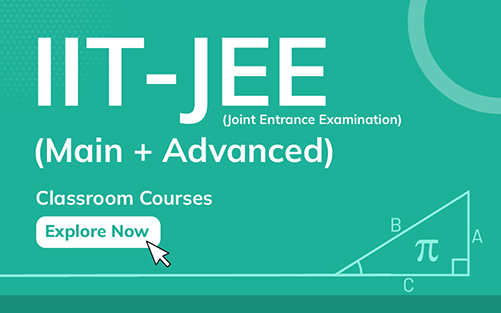How to Make Handwritten Revision Note for NEET?

The National Eligibility Cum Entrance Test, commonly known as NEET, is one of the most difficult exams for science students after class 12th. Students appearing in class 12th can also appear for NEET. It is the gateway to various medical courses in India, such as MBBS, BDS, BUMS, BAMS, etc. It is a national-level competitive examination, and clearing such an exam requires proper planning, good conceptual knowledge, hard work, an optimistic approach, and many other qualities. Those who clear NEET with a good rank get admission into top medical colleges such as AIIMS Delhi, JIPMER, etc. Therefore, it is important for candidates to prepare well before appearing in the NEET. Revision plays a very important role in preparation, and it is one of the deciding factors in the ranks of aspirants in NEET. Students use multiple sources for revision, which is generally not advisable. Aspirants should use their self-made, handwritten notes for revision. In this blog, we’ll see how to make handwritten revision note for NEET.
Handwritten Revision Note for NEET
As said above, revision is very important in getting good ranks in exams like NEET, where the competition is so tough. One thing that is very important is that revision should be done from handwritten note; using the complete note or books for revision is not advisable. Handwritten note should be the prime source of aspirants for revision. But what content should be added in notes is the main concern of aspirants. Generally, most of the students write everything in their note and end up reading a whole syllabus notebook. This should be avoided. So what should be added in the revision note? Revision note should include all the important topics, formulas, concepts, and values, as well as all the tricky questions that are asked in the test series. Below we are providing some tips to prepare revision note for physics, chemistry, and biology.
- Most students make revision note while studying any topic for the first time or second, which is wrong. Before making note, read the topic 5-6 times, attempt a mock test of that chapter at least 2 to 3 times, and then add only those points that you think are important or that you might forget.
- Don’t copy the whole chapter from a notebook or from a book. Try to summarize the topic in one or two pages. This would serve two purposes: first, it would reduce your effort in writing, and second, the lesser volume would make the note appealing and easy to study.
- Prepare short note of each subject in a separate notebook.
- Highlight the very important points so that you don’t have to look into the notebooks or any other source.
- For theoretical subjects like biology and chemistry, add only those points that are more forgetful.
- Add all the miscellaneous points of NCERT in your notebook.
- For organic chemistry, make a table with all named reactions, their mechanisms, and all other important details.
- For inorganic chemistry, make NCERT the sole study material and write the important points in the margin space.
- Add questions from test series that are tricky, new, or those questions in which you make regular mistakes.
- For physics, write only important formulas, and that too, after going through the derivations, also include the important points of the derivations.
- Make the revision note as short as possible so that you can revise the whole 2-year course in one go before the exam.
- Avoid making bulky note or putting extra information that is not relevant from the exam point of view.
- Only note-making is not sufficient; it is important to revise them at regular intervals.
- Keep updating the note at regular intervals with your studies.
- Always leave some pages for improvement after completion of short note of every chapter.
Importance of revision note
Revision note help to summarize the whole syllabus in very few pages. Revising these note helps the aspirants to rememorize all the important concepts, making it easier for the aspirants to recall them in the examination. Revision note save a lot of time for aspirants during their preparation phase, as they don’t have to look for their notebooks for reviewing essential points before the examination.
Mistakes to avoid during note-making
While making revision note, aspirants need to avoid some mistakes, which are given below:
- Students should avoid adding unnecessary information. This would help to make their note short and easy to revise.
- Some students make short note without going through the previous year’s questions and papers, which should be avoided. Note-making should be done only after solving the previous year’s questions.
- Making short note only without revising is of no use. Aspirants should give enough time to revise the note.
These are some of the mistakes that students should avoid during note-making. The tips given above are some general tips; aspirants are free to modify them as per their requirements and situations.
FAQs:
What is the best revision strategy for NEET?
Answer: There is no best revision strategy; every individual has their own strategy. So it is better to stop looking for the best strategy and make your own strategy depending upon the circumstances and requirements.
Should I make my own note for NEET?
Answer: Yes, aspirants should make their own note for NEET.
Is it possible to clear NEET with only self-study?
Answer: Yes, it is possible to clear NEET with self-study, but aspirants need to put extra efforts in case they are doing self-study for NEET.
Is note-making important for a NEET aspirant?
Answer: Yes, note-making is very important for NEET aspirants.















